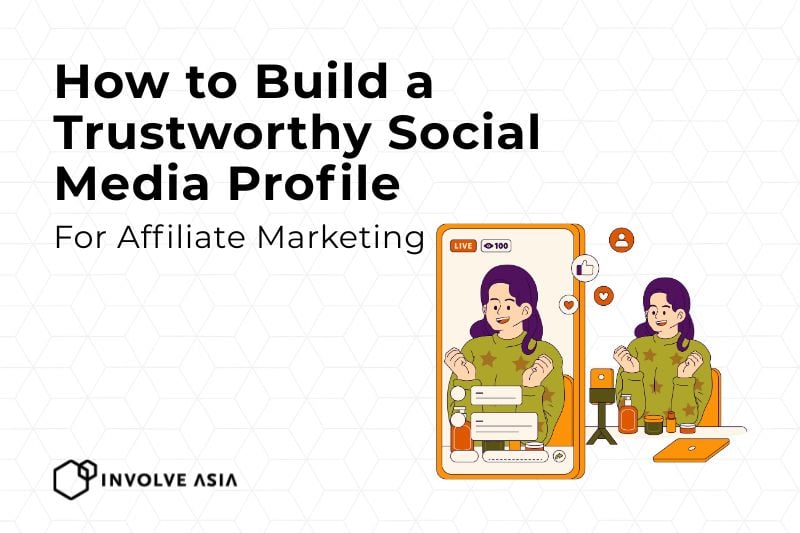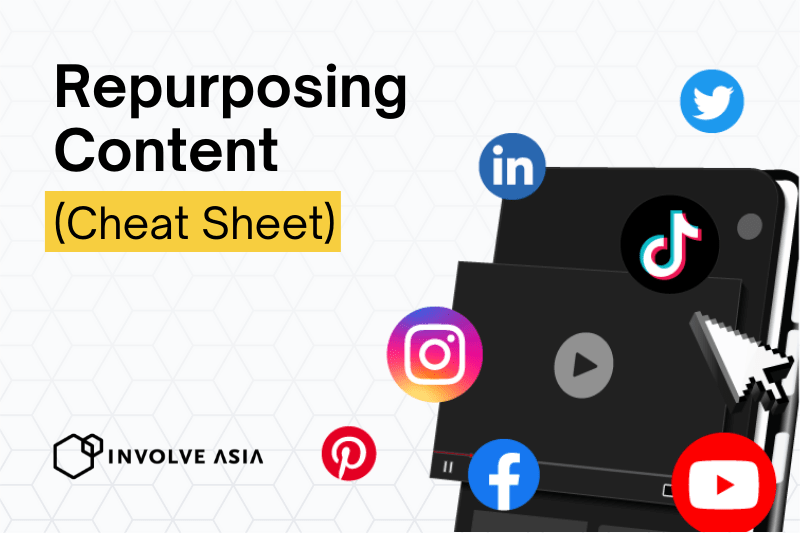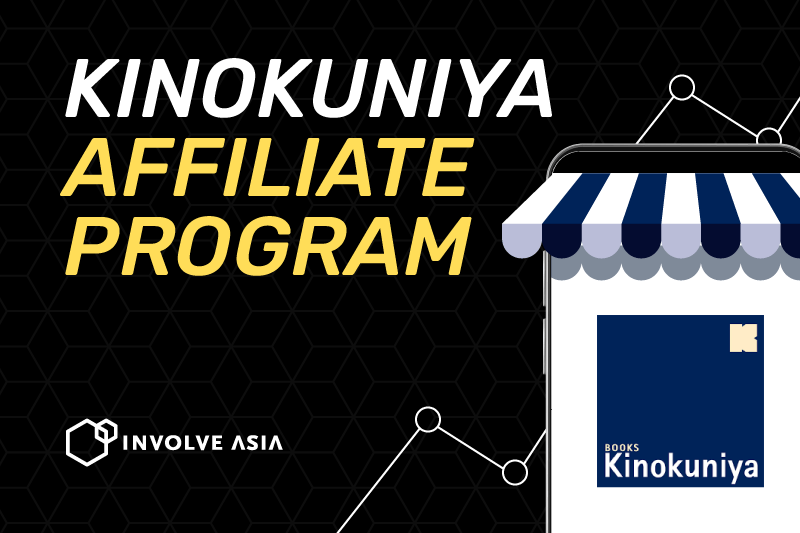In the realm of affiliate marketing, trust is the currency that drives conversions. Your social media profile isn’t just a digital business card; it’s the foundation upon which relationships with your audience are built.
Establishing credibility is paramount to turning followers into customers. Wondering ways how to build a trustworthy social media profile? We share more down below.
Understanding the Role of Trust in Affiliate Marketing
Trust influences purchasing decisions. When followers perceive you as genuine and reliable, they’re more likely to act on your recommendations.
Building this trust requires consistency, authenticity, and transparency in all your online interactions.
Consistent Branding Across Platforms
Maintain uniformity in your profile pictures, color schemes, and messaging across all platforms. Consistent branding reinforces your identity and makes your profile easily recognizable.

Choosing the Right Social Media Platform
Select platforms that align with your target audience. For instance, Instagram and TikTok cater to younger demographics, while Facebook and LinkedIn attract a more mature audience. Understanding where your potential customers spend their time is crucial for effective engagement.
Crafting a Professional Profile
Profile Picture and Bio
Use a clear, high-resolution photo that reflects your brand’s personality. Your bio should succinctly convey who you are, what you offer, and include a call-to-action or link to your affiliate products.
Contact Information
Provide accessible contact details or a direct messaging option. This openness fosters trust and encourages communication.
Creating Valuable and Authentic Content
Educational Content
Share informative posts that educate your audience about the products you’re promoting. Tutorials, how-to guides, and product comparisons can position you as a knowledgeable resource.
Personal Experiences and Reviews
Authenticity resonates. Share your genuine experiences with products, including both positives and negatives. This honesty builds credibility and trust with your audience.
Engaging with Your Audience
Respond promptly to comments and messages. Active engagement shows that you value your followers, fostering a sense of community and trust.
Transparency in Promotions
Always disclose affiliate relationships. Use clear language like “This post contains affiliate links,” ensuring compliance with advertising standards and maintaining transparency with your audience.
Utilizing High-Quality Visuals
Invest in quality images and videos. Visually appealing content captures attention and conveys professionalism, enhancing your profile’s trustworthiness.
Leveraging Testimonials and User-Generated Content
Share testimonials and content created by satisfied customers. This social proof can significantly boost your credibility and influence potential buyers.
Read: How to Create an Influencer Rate Card and Get Paid for Your Content
Monitoring and Analyzing Performance
Use analytics tools to track engagement, click-through rates, and conversions. Understanding what content resonates allows you to refine your strategy and maintain trust.
Avoiding Common Pitfalls
Steer clear of over-promotion, misleading information, and neglecting audience interaction. Such practices can erode trust and damage your reputation.
Conclusion
Building a trustworthy social media profile for affiliate marketing is a continuous process of authenticity, engagement, and transparency. By focusing on these elements, you can cultivate a loyal audience and drive successful affiliate campaigns.

Frequently Asked Questions (FAQs)
How important is it to disclose affiliate links on social media?
Disclosing affiliate links on social media is extremely important for both legal and ethical reasons. It ensures compliance with advertising guidelines set by platforms and regulatory bodies like the FTC or local consumer protection laws. More importantly, it shows your audience that you value honesty and transparency.
A simple disclosure such as “#ad” or “#affiliatelink” builds trust and avoids misleading your followers. People appreciate when you’re upfront about partnerships, and it doesn’t usually hurt engagement. In fact, transparency can strengthen your credibility and encourage more users to support your content by using your links intentionally.
Can I build trust without a large following?
Yes, you can absolutely build trust without having thousands of followers. What matters more is the quality of your engagement, not the quantity. Focus on providing value through relatable content, helpful insights, and consistent communication. Respond to comments and DMs, be transparent about your opinions, and stay true to your niche.
Even a small audience will trust you if they feel you’re authentic and not just pushing products for profit. Micro-influencers often have higher engagement rates because their communities feel more personal. Trust grows over time—stick to being real, and your following will grow with you.
How often should I post affiliate content?
There’s no one-size-fits-all rule, but balance is key. Avoid overwhelming your audience with back-to-back promotions. A good rule of thumb is to share affiliate content 20–30% of the time, and use the rest for valuable, engaging, or personal content.
Think of your social media feed as a conversation—not a sales pitch. Mix in tutorials, behind-the-scenes posts, reviews, and lifestyle updates that still relate to your niche. When you do post affiliate links, ensure they’re relevant and helpful. Your followers are more likely to click if they trust your intent and see consistent value in your content.
What type of content builds the most trust?
Trust-building content is authentic, relatable, and helpful. People resonate with real experiences—so content like product reviews, tutorials, behind-the-scenes posts, and honest opinions tend to perform well. Sharing your personal journey, challenges, or how a product solved your problem creates a deeper connection.
Instead of polished “hard-sell” posts, use casual captions and relatable visuals. Try showing how you use the product in your daily life. Educational content like tips, hacks, or “what I wish I knew” posts also builds trust by offering real value without pushing a sale. The more helpful and honest you are, the stronger the trust.
How do I handle negative feedback on my affiliate promotions?
Negative feedback happens, but how you respond can enhance your credibility. Always reply with professionalism and empathy—avoid deleting comments unless they’re abusive. If someone had a bad experience with a product you promoted, acknowledge it and clarify your role as an affiliate (not the seller).
Offer solutions if possible, like linking to support or clarifying product info. You can even use the feedback as a learning moment in future posts, showing your audience that you’re open to criticism and value their input. Being honest, responsive, and calm under pressure builds trust more than avoiding tough conversations.








